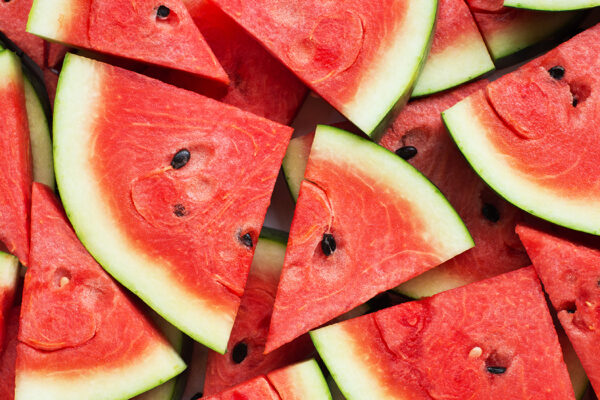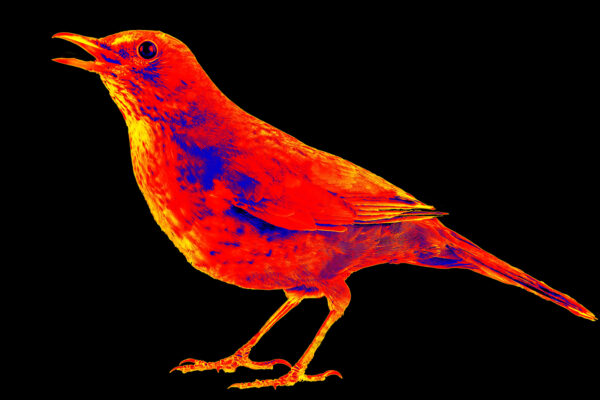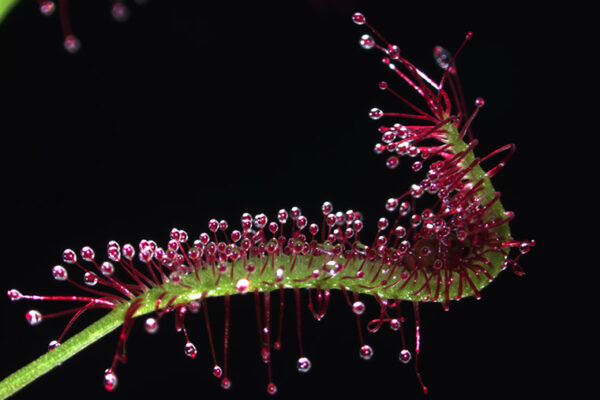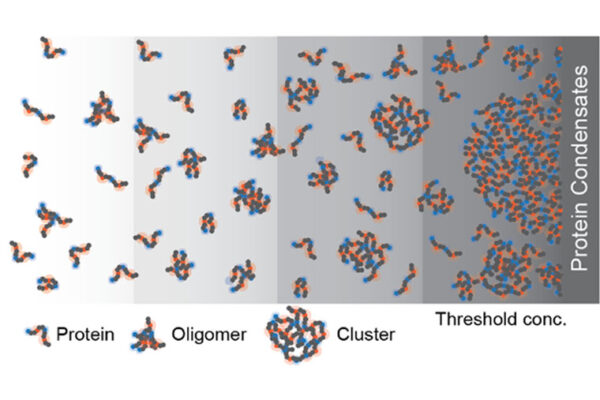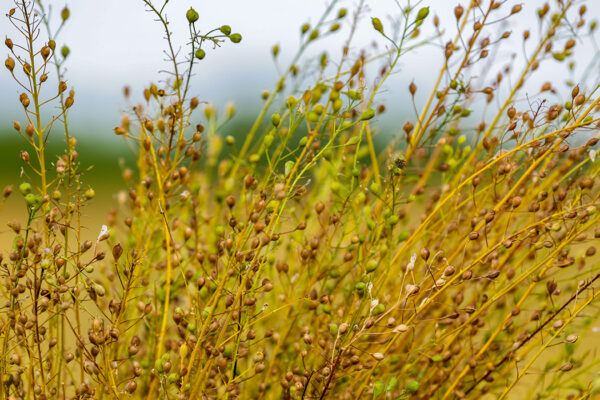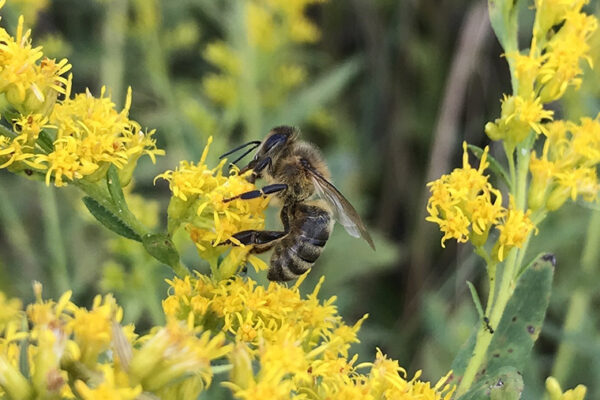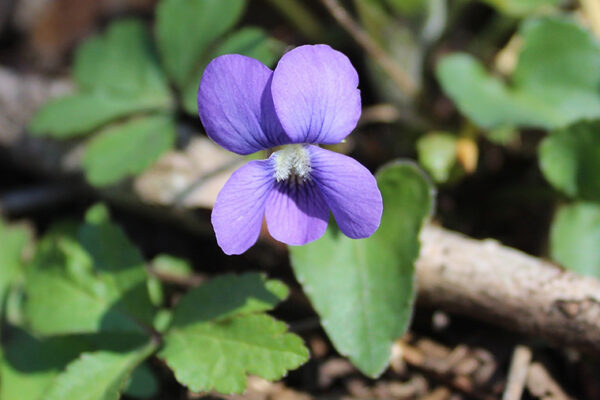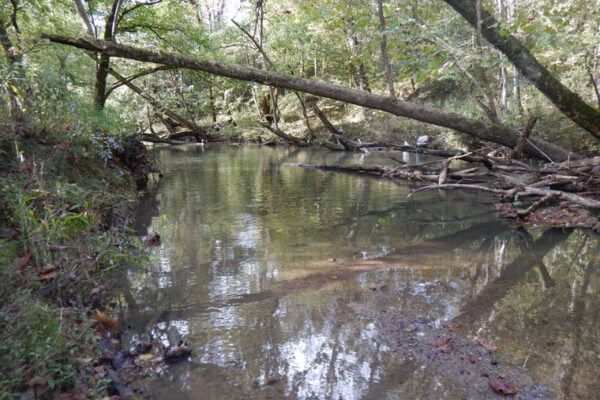Seedy, not sweet
Biologist Susanne Renner in Arts & Sciences investigated the oldest known seeds from watermelon relatives. Her research team shared two new genomes of the ancient seeds and described how Neolithic humans in Libya likely used the seeds, not the bitter flesh, from the melons.
Cell memory’s role in migration to new tissues explored
A grant from the National Science Foundation will allow Amit Pathak to take a closer look at how certain cells use priming and memory to respond to new tissues.
The birds and the bees — and the temperature gauge
Animals will often put their lives on the line for reproduction, even if it comes at the cost of being the wrong temperature. New research from biologist Michael Moore in Arts & Sciences could help reveal the pathways that organisms might take as they adapt to a warming world.
Best offense is a great defense for some carnivorous plants
Insect-eating plants have fascinated biologists for more than a century, but how plants evolved the ability to capture and consume live prey has largely remained a mystery. Biologist Ivan Radin in Arts & Sciences and collaborators investigated the molecular basis of plant carnivory in sundews and found evidence that it evolved from mechanisms plants use to defend themselves.
New structure found in cells
A research group led by Rohit Pappu in the McKelvey School of Engineering and Anthony Hyman at the Max Planck Institute have discovered a new, relevant level of structure in cells.
Study points to Armenian origins of ancient crop with aviation biofuel potential
Camelina, an oilseed plant grown in modern-day Ukraine, may have been a more important and widespread crop than previously thought, according to collaborators from anthropology and biology in Arts & Sciences at Washington University in St. Louis. Their findings could inform breeding programs to improve this crop for biofuels applications.
Urban bees collaboration wins USDA grant
A team that received early support from the Living Earth Collaborative was awarded a $633,000 grant from the U.S. Department of Agriculture to evaluate pollination in orchards across the city of St. Louis. They will examine how factors such as human population density, socioeconomic status, soil type and surrounding vegetation impact insect numbers and fruit yield.
Climate change is affecting when, how violets reproduce
Living Earth Collaborative postdoctoral fellow Matthew Austin published new research finding that climate change is affecting how violets reproduce.
Giving metal to microbes could reduce greenhouse gas
Collaborative research from the labs of Daniel Giammar and Jeffrey Catalano finds a lack of available metals may be responsible for more nitrous oxide than previously thought.
Researchers receive NSF grant
Joan Strassmann and David Queller, both in Arts & Sciences, received a $141,578 supplemental award from the National Science Foundation for research on amoeba-bacteria cooperation.
Older Stories
